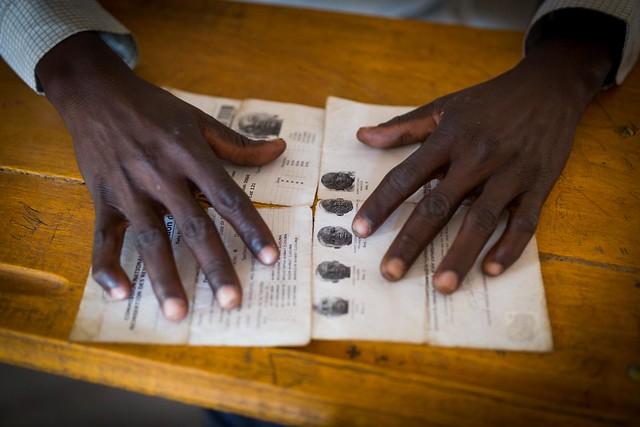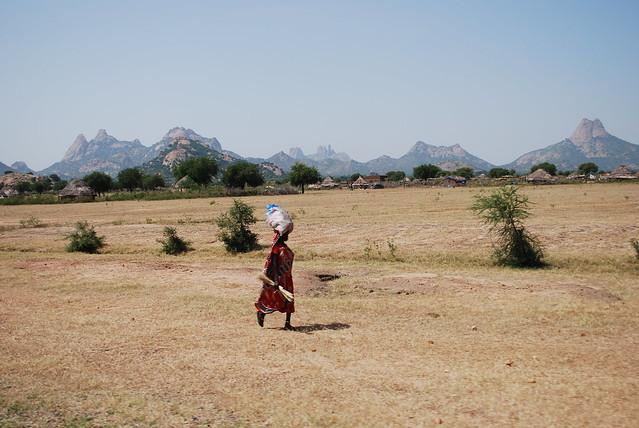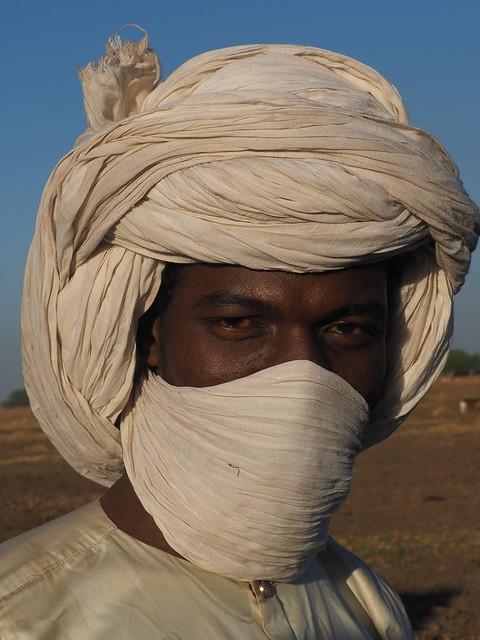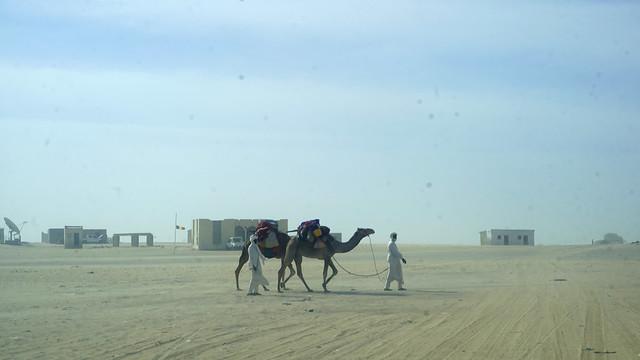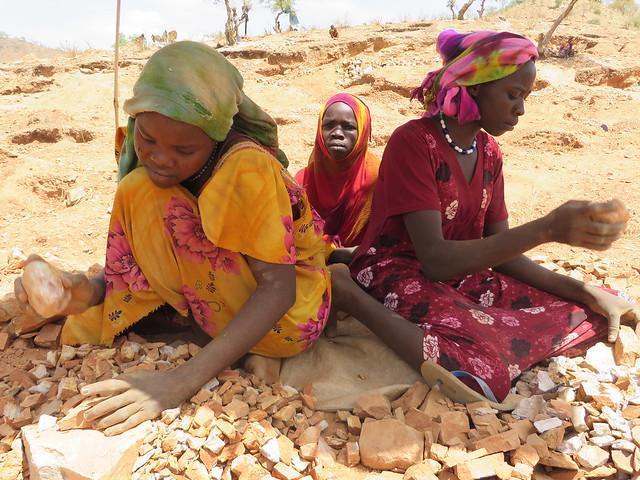Sila
Overview
Overview of Sila, Chad
Sila is one of the vibrant states in eastern Chad, bordered by Sudan, offering a unique blend of cultural and natural attractions. The state is predominantly inhabited by the Dajo community, along with other ethnic groups, each contributing to the rich cultural tapestry through their distinct languages, customs, and traditional music and dance. Sila is unique for its historical significance and its role as a crossroads of various cultures. The region's landscape is marked by rugged mountains and sprawling savannahs, providing a striking backdrop for its cultural heritage sites. Visitors to Sila can explore local markets bustling with artisan crafts and vibrant textiles, a testament to the state's rich artistic traditions.
Best Time to Visit and Activities
The high season for tourism in Sila is during the cooler months from November to February. During this period, the weather is more temperate, making it ideal for exploring the outdoors. The cooler climate allows for comfortable travel through the state’s diverse landscapes, from its mountainous terrains to its expansive plains. Activities during these months include hiking, cultural tours of local villages, and wildlife watching, where tourists might spot a variety of local fauna adapted to the Sahel region. Additionally, this is a great time to experience local festivals, which often feature traditional music, dance, and storytelling that provide deeper insights into the local culture and community spirit.
Preparation for Travelers
Travelers planning a visit to Sila should prepare adequately to ensure a safe and enjoyable trip. It is essential to have a valid passport and obtain a visa for Chad; checking the latest travel advisories and required vaccinations is also crucial. Visitors should pack light, breathable clothing for the day and warmer layers for cooler evenings, along with sturdy footwear suitable for trekking. Since rural areas may have limited access to amenities, carrying essential supplies such as water purification tablets, a first-aid kit, and any necessary medications is advisable. Learning a few basic phrases in French or Arabic can be helpful, as these are the official languages of Chad. Lastly, respecting local customs and traditions is vital for a harmonious visit, ensuring an enriching experience for both the traveler and the host community.
How It Becomes to This
History not available

You May Like
Explore other interesting states in Chad
Discover More Area
Delve into more destinations within this state and uncover hidden gems.





